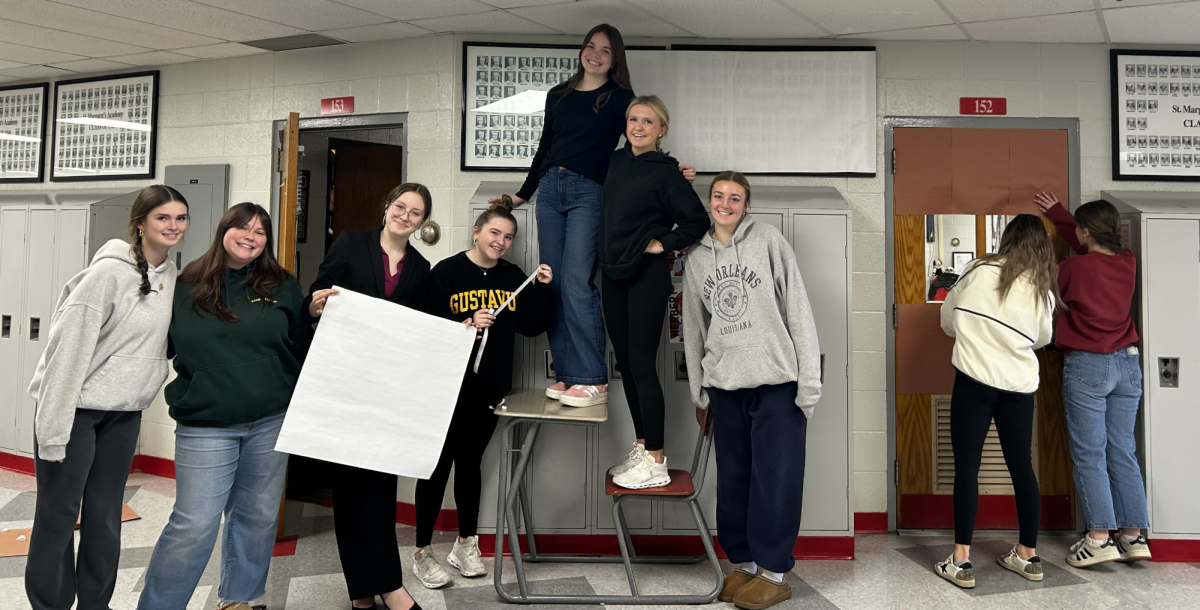In an attempt to utilize recently purchased industrialized property on the southwest corner of Normandale Boulevard and Old Shakopee Road, Target Corporation submitted an application to Bloomington City Council requesting permission to construct a 180,000 square foot Super Target in the location––a request denied by the city’s council members and local residents.
At the public hearing for Target’s proposal on October 27, a meeting postponed more than two months by the council, the Bloomington City Council unanimously voted against the project. Although the proposal has already been formally denied and the construction of the building no longer a near-future possibility, the council continues to justify their defiance, leaveing Target representatives unsure of their next move.
“Target is a responsible corporate citizen. We want to build a store that’s good for business and the Bloomington community,” said Target spokesman Anne Rodgers. Target Corporation had plans to invest more than $40 million in this retail development without financial assistance from the city. They envisioned using these funds to build the store and imrove traffic contions. “Target’s traffic plans proposed more than twenty additional traffic improvements such as new turn lanes, extending existing left turn lanes and making the site more accessible from different locations,” said Rodgers.
However, this expansion would overlap private property of Bloomington residents, a consequence strongly opposed by the city’s citizens including members of the city’s council: “We basically said we love Target; we think it’s a great company, but changing land use goes against the market analysis we have,” said Bloomington city planner Londell Pease.
Well aware of the consequences at hand, Target continued to speak out to neighborhood residents that would be affected by these changes, holding more than 20 neighborhood meetings: “We saw strong community opposition to Target’s public interest in the property, we engaged a communications strategy to understand the neighborhood sentiment and address it,” said Rodgers. However, Target’s attempts to win over approval of opposing citizens were not successful, given the divergent circumstances.
In addition to the debate regarding land use, the city council members were also concerned about how the “monstrosity” of Target would affect local retail businesses. These members thought the area, already containing a number of small businesses and grocery stores, to be far too crowded: “We are over-serviced in that area. We don’t need any more commercial shopping or we’re going to kill the other shopping centers; it’ll wipe them out,” said city council member Karen Nordstrom.
Representatives of Target Corporation held a different interpretation. They felt that a strong and stable business would enhance and revitalize the current property, resulting in a more convenient one-stop shopping experience and high-quality shopping and working environment for Bloomington residents. Unfortunately for Target, the city disagreed. The issue of retail balance and demand further convinced members to oppose the proposal, leading to a unanimous and final 7-0 vote.
Seeing that both residents and council members were not going to side in their favor, Target withdrew their application to ensure full control of the property and avoid time constraints created by a “no” vote. Rodgers said, “We are currently evaluating our options for this property,” meaning that another proposal could face Bloomington citizens and council members in the future.
Despite strong opposition, it is safe to say both sides withheld and expressed credible points, making the debate far more controversial than anyone would expect: “I’m almost three years on this council and I don’t think I’ve ever put in this much thought or study into another project, I know I haven’t. There hasn’t been anything this controversial in the time that I’ve been on,” said Nordstrom.









































